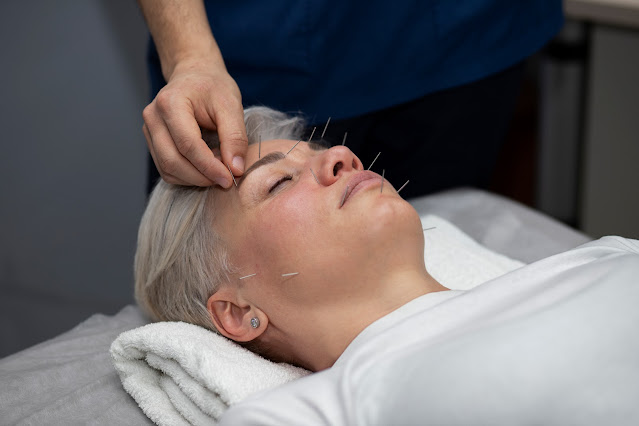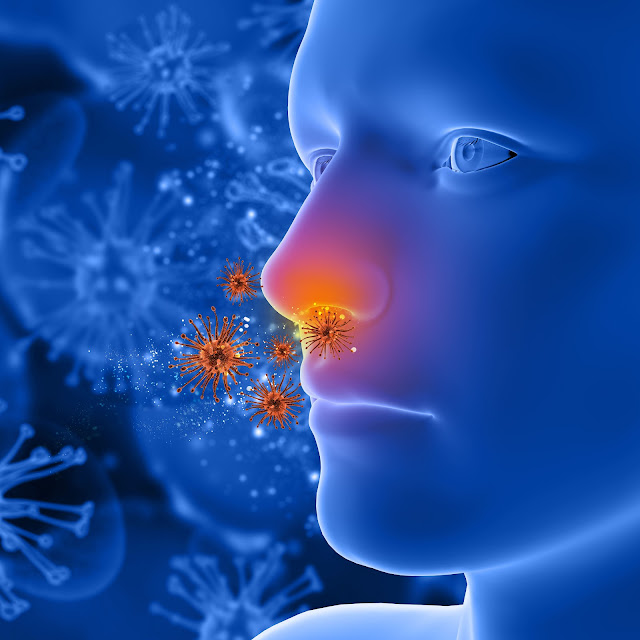acupuncture stress
 |
| Image by Freepik |
Acupuncture for Stress: A Natural Solution to Your Mental Health Woes
In today's fast-paced world, stress is a common problem that affects people of all ages and walks of life. Stress can manifest in many different ways, including anxiety, depression, headaches, and insomnia. While there are many ways to manage stress, acupuncture is a natural and effective solution that has been used for thousands of years.
Acupuncture is a traditional Chinese medicine that involves the insertion of thin needles into specific points on the body. These points correspond to different organs and systems in the body, and when stimulated, they can promote healing and balance.
In this article, we'll explore how acupuncture can help with stress, its benefits, and what to expect during a treatment session.
Acupuncture for Stress: A Natural Solution to Your Mental Health Woes
How Does Acupuncture Help with Stress?
Acupuncture works by stimulating the nervous system and promoting the release of natural painkillers and mood-enhancing chemicals in the body. When you're stressed, your body produces cortisol, a hormone that can lead to inflammation and other health problems if left unchecked. Acupuncture can help to reduce cortisol levels and promote relaxation, which can help to relieve stress and anxiety.
Acupuncture can also help to regulate the production of neurotransmitters like serotonin and dopamine, which are important for mood regulation. By promoting the release of these chemicals, acupuncture can help to improve your mood and reduce feelings of stress and anxiety.
Benefits of Acupuncture for Stress
Some of the benefits of acupuncture for stress include:
- Reduced anxiety and depression
- Improved sleep quality
- Reduced muscle tension and pain
- Improved digestion
- Increased energy levels
- Improved immune function
Acupuncture is a holistic approach to stress management that can improve your overall health and well-being.
What to Expect During an Acupuncture Session
During your first acupuncture session, your acupuncturist will ask you about your medical history and any symptoms you're experiencing. They'll then examine your tongue and pulse to get a better understanding of your overall health.
Next, they'll insert thin needles into specific points on your body. You may feel a slight pinch or prick when the needles are inserted, but most people report feeling very little discomfort. Once the needles are in place, you'll lie still for about 20-30 minutes while the needles work their magic.
After the session, you may feel a sense of relaxation and calmness. Some people report feeling energized or sleepy, while others may experience a slight headache or dizziness. These side effects are usually mild and go away within a few hours.
FAQs
1: Is acupuncture safe for stress relief?
A: Yes, acupuncture is a safe and natural way to manage stress. However, it's important to find a licensed and experienced acupuncturist to ensure that you're receiving safe and effective treatment.
2: How many acupuncture sessions do I need for stress relief?
A: The number of acupuncture sessions you need will depend on your individual needs and the severity of your symptoms. Some people may feel relief after just one session, while others may require several sessions to see significant improvements.
3: Does acupuncture hurt?
A: Acupuncture is generally painless, although you may feel a slight prick or pinch when the needles are inserted. Most people find acupuncture to be a relaxing and enjoyable experience.
Conclusion:
Acupuncture is a natural and effective way to manage stress and improve your mental and physical health. By stimulating the nervous system and promoting the release of natural painkillers and mood-enhancing chemicals, acupuncture can help to reduce

